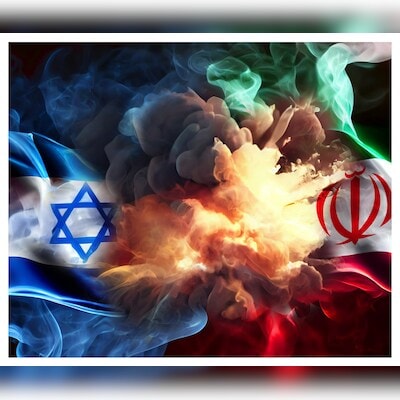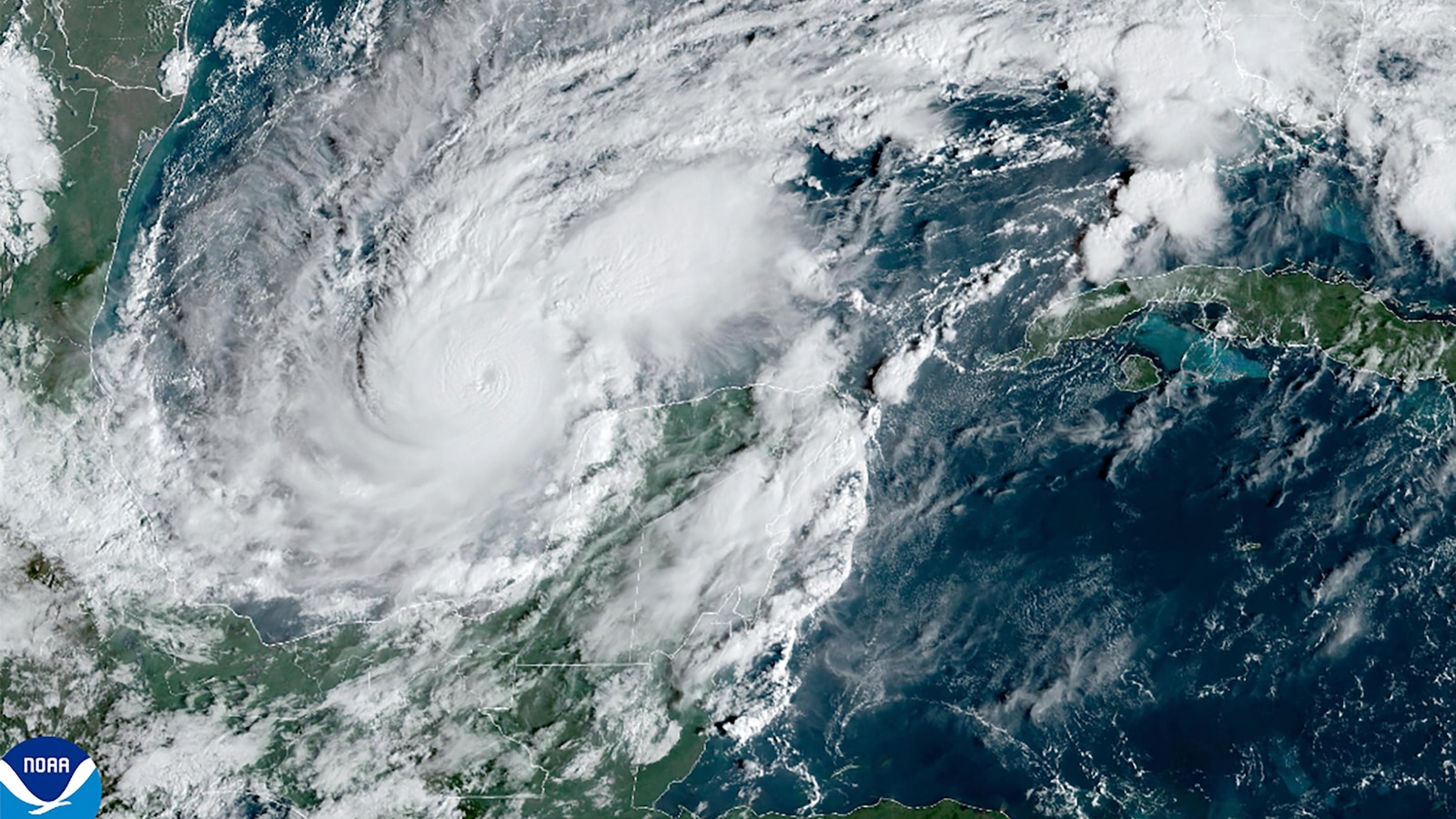United States (US) President Joe Biden stated on Wednesday that he opposes Israel launching strikes on Iran’s nuclear facilities in retaliation for the country’s recent ballistic missile attack, reported the Times of Israel. While acknowledging that Jerusalem has the right to respond, Biden emphasised that the response should be “proportional”.
Biden also confirmed that sanctions would be levied against Iran, adding that this was a topic of discussion during a call earlier on Wednesday with the leaders of the G7 countries.
“We’ll be discussing with the Israelis what they’re going to do, but all seven of us agree that they have a right to respond but they should respond proportionally,” Biden reportedly remarked to reporters before boarding Air Force One.
The assault sent most of the country into bomb shelters, resulting in considerable damage. However, despite the scale of the attack, there was only one reported fatality — a Palestinian man in the West Bank.
Back in Washington, while speaking to the press, Biden reiterated his call for Israel to respond “proportionally”. Specifically, when asked whether he supported a strike on Iranian nuclear facilities, Biden’s response was clear: “The answer is no.”
During a meeting on Tuesday evening following the Iranian attack, the Israeli Cabinet had resolved to respond forcefully, but opted to first coordinate with Washington, according to local media reports.
After the G7 meeting, the White House announced that Biden had coordinated the multilateral rollout of new sanctions on Iran. It was further stated that the G7 “unequivocally condemned Iran’s attack”.
Meanwhile, The Times of Israel reported that Israel Defense Forces (IDF) Chief of Staff Lt Gen Herzi Halevi stated on Wednesday that Israel would respond to Iran’s missile attack, noting that the Israeli military has the capability to “reach and strike any point in the Middle East”.
Halevi added, “We will respond; we know how to locate important targets; we know how to strike accurately and powerfully.”
Back in the US, Deputy Secretary of State Kurt Campbell indicated that the Biden administration was aiming to align its position with Israel on any response to Iran’s attack. However, he also acknowledged that the Middle East was on a “knife’s edge” and warned that a broader escalation could jeopardise both Israeli and US interests.
Speaking during a virtual event organised by the Carnegie Endowment, a Washington-based think tank, Campbell reiterated the US view that Iran’s actions warranted a “return message”.
Continuing the US’ sharp criticism of the Iranian attack, Linda Thomas-Greenfield, the US ambassador to the United Nations (UN), stated during a briefing at the UN Security Council on Wednesday, “The Iranian regime will be held responsible for its actions.”
On Tuesday, US National Security Adviser Jake Sullivan also warned Iran of “severe consequences” for its attack, vowing that the US would work with Israel to ensure this, although he did not offer specific details.
At an emergency UN Security Council meeting on Wednesday, Israeli UN Ambassador Danny Danon declared: “The time for empty calls for de-escalation is over.”
“This is no longer a matter of words,” he asserted, adding, “Iran is a very real and present danger to the world, and if they are not stopped, the next wave of missiles will not be aimed solely at Israel.”
Speaking before Danon, Iranian ambassador Amir Saeid Iravani claimed that Iran’s missile attack was a necessary move to “restore balance” following a recent series of Israeli strikes targeting Iran’s regional proxies.
“Every act of restraint taken by Iran has only emboldened Israel to commit greater crimes and more acts of aggression,” said Iravani, adding, “As a result, Iran’s response was necessary to restore balance and deterrence.”
Iran has stated that Tuesday’s missile strike — its second direct attack on Israel — was in retaliation for the deaths of Hezbollah leader Hassan Nasrallah and Islamic Revolutionary Guard Corps General Abbas Nilforoushan, both of whom were killed in an Israeli airstrike last week in Beirut. Iran also mentioned Ismail Haniyeh, a senior Hamas leader, who was assassinated in Tehran in July in a suspected Israeli attack.
Meanwhile, Russia’s UN envoy, Vassily Nebenzia, commended Iran for its “exceptional” restraint in recent months and argued that Tuesday’s missile attack on Israel could not be “presented as though all of this happened in a vacuum”.
Shrapnel from the missile attack on Tuesday killed a Palestinian man in the West Bank and injured two Israelis. Buildings were also damaged in various parts of Israel.
During a press conference in Qatar on Wednesday, Iranian President Masoud Pezeshkian said that Tehran was “not seeking war”, but promised a more forceful response should Israel retaliate for the missile attack.
Iran launched its first-ever direct attack on Israel on the night of April 13-14, launching over 300 drones and missiles — with the vast majority being intercepted by Israel and its allies, including the US in particular. That strike was in response to a purported Israeli airstrike on an Iranian diplomatic facility in Damascus on April 1.
Shiite militias within Iran’s “Axis of Resistance” have also attacked Israel from Iraq and Yemen, in addition to Hezbollah in Lebanon. These attacks began following the war in Gaza, which erupted when Hamas-led militants stormed southern Israel on October 7, killing nearly 1,200 people and taking 251 hostages. Hamas, a Sunni Palestinian militant group, is also part of the Axis of Resistance.
Meanwhile, amid the looming spectre of a wider regional war, the conflict in Gaza shows no signs of abating.
Nearly a year of Israeli attacks on Gaza has resulted in the deaths of more than 41,500 people, with almost 100,000 injured, and thousands still missing beneath the rubble of destroyed buildings.













Leave a Reply